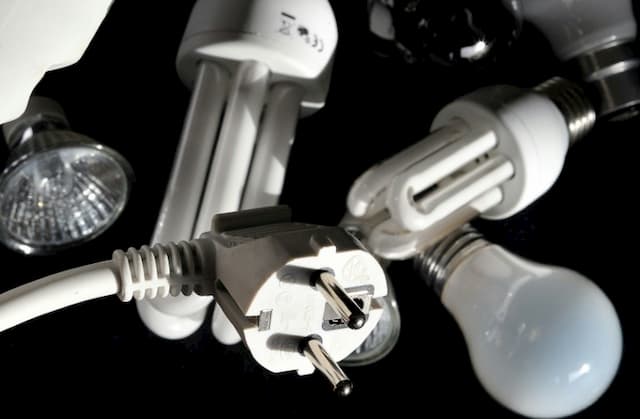Energy Sector: 13 Companies Targeted for “Abusive Canvassing”

The premises of two companies marketing gas and electricity contracts and eleven of their subcontractors were raided by agents of the DGCCRF.
The premises of two companies marketing gas and electricity contracts and eleven subcontractors working on their behalf were raided by agents of the DGCCRF as part of an investigation for “abusive canvassing”, practices increasing in the area.
These searches, of a “national” scale, mobilized Thursday 27th June 2019, 73 agents of the DGCCRF, who intervened “simultaneously” for operations of visit and seizure on 16 distinct sites. The names of the companies concerned were not disclosed.
In its 2018 activity report, the Energy Ombudsman reported 1416 disputes over contestation of the signing of a contract or business practices in the context of door-to-door soliciting.
For several months, the services of the Fraud Control, like those of the Energy Ombudsman, receive a large and growing number of complaints and claims.
“Consumers report a misleading speech by marketers about their attributions and the real purpose of their visit: contracts for the supply of electricity and gas would be concluded without having obtained an informed agreement from consumers”, says the communiqué of the DGCCRF.
According to Loïc Tanguy, chief of staff of the DGCCRF, this vast operation, of “unprecedented scale given the number of agents mobilized”, should make it possible to determine whether these are “isolated practices” on the part of sellers or “a deliberate policy” on the part of energy suppliers.
“We put in place this particular device to really detect the false truth on this topic, and have very clear ideas about the responsibilities of each,” said Loïc Tanguy to AFP.
The investigation will have to determine whether there is “mismanagement on the part of the subcontractors” or a “decision on the part of the principals to proceed in this way”, a- he added.
“False” meter readings
“If they were confirmed, the practices suspected by the DGCCRF would fall under the misleading commercial practice offence, which could be punished by the criminal judge with a two-year prison sentence and a fine of up to 10% of the turnover of the company, “says the DGCCRF.
In 2018, the Directorate-General for Competition, Consumer Affairs and Fraud Control, which reports to the Ministry of Finance, received 1832 complaints in the electricity supply sector, a “four-fold increase in 2016 “.
In its report published in mid-May, the Energy Ombudsman noted that as competition intensified in the energy market, the “bad practices” of gas and electricity suppliers were increasingly more numerous.
“If the development of competition in the energy sector is a good thing, the upsurge of bad practices that accompanies it is less,” said the mediator.
According to this report, Engie and the Italian Eni top the list of suppliers who have been singled out for their commercial practices (contract disputes and deceptive or unfair soliciting). Eni is also the one with the highest rate of litigation.
Specifically, consumers who have sent complaints to the DGCCRF, without mentioning a “mode of operation” particularly defined, reported “deceptive practices to cross the door of the house,” said Loïc Tanguy to AFP.
Thus, “you are told that you come to raise the meter and you end up with a contract of energy,” he said, calling this process “a great dishonesty.”
Energy, as a “constrained expenditure for households”, and door-to-door canvassing, which tends to target “fragile people”, are two sectors for which state services are particularly vigilant and a priority. for the DGCCRF. “That’s why, added Mr. Tanguy, we will not let practices of this type pass”.
Enjoyed this? Get the week’s top France stories
One email every Sunday. Unsubscribe anytime.


